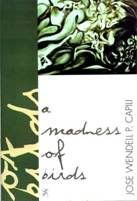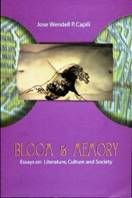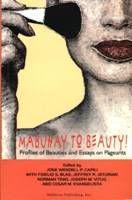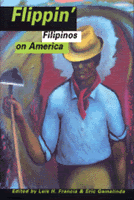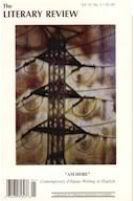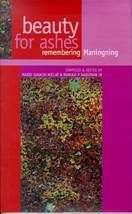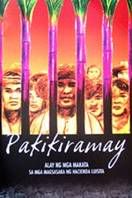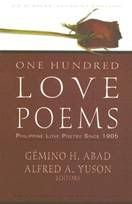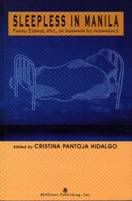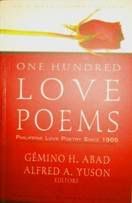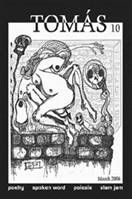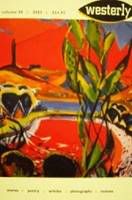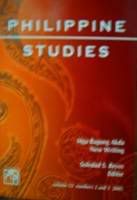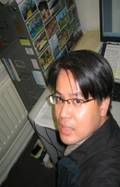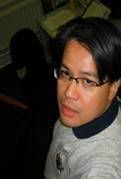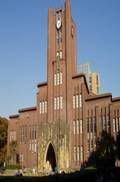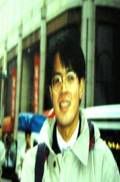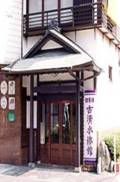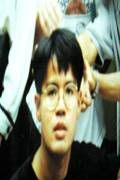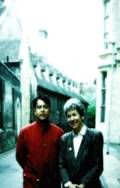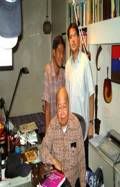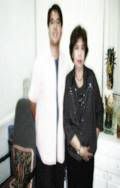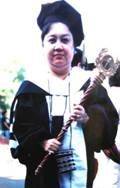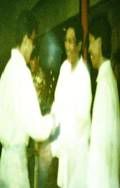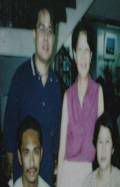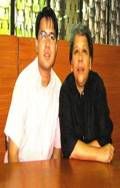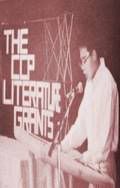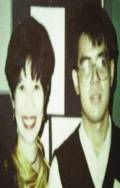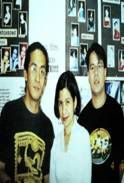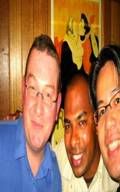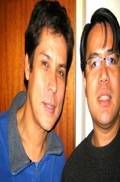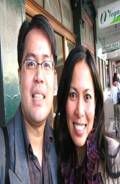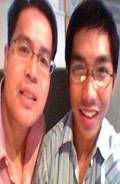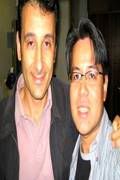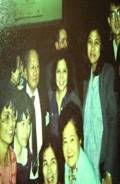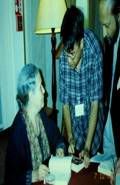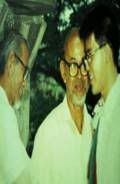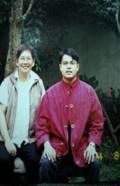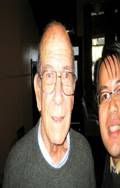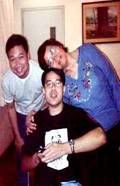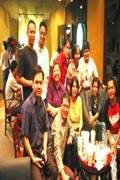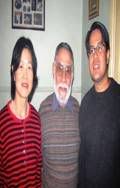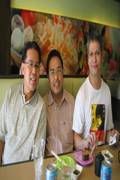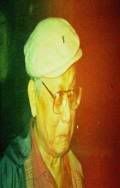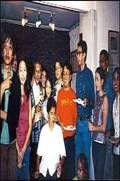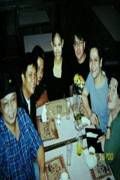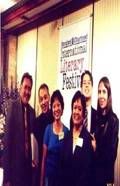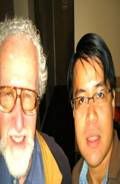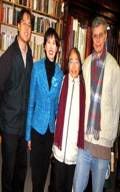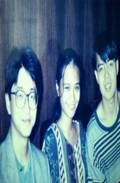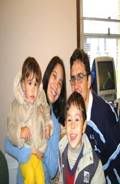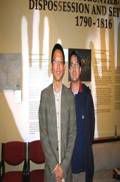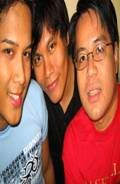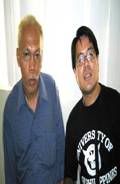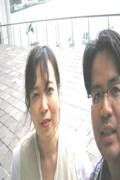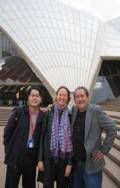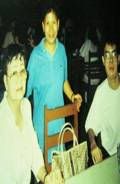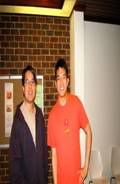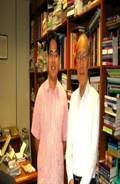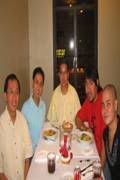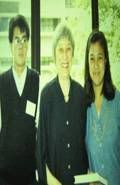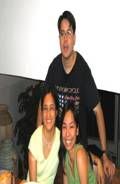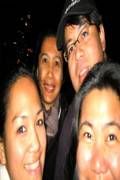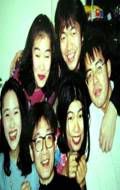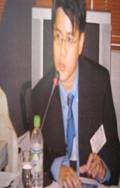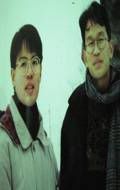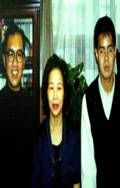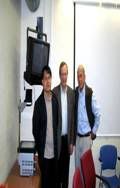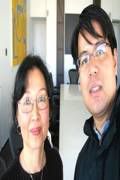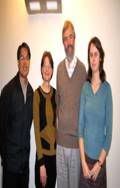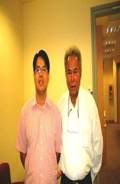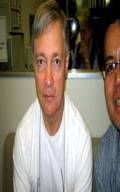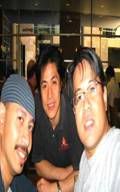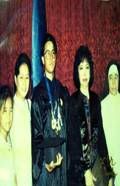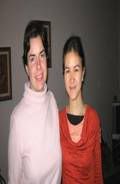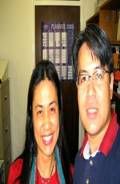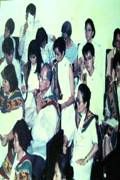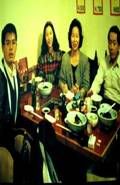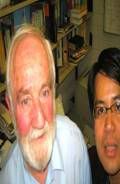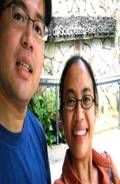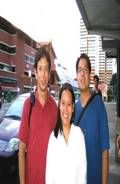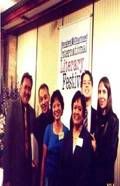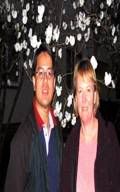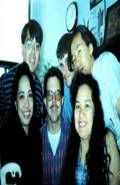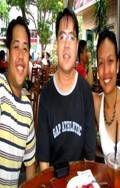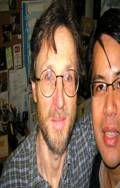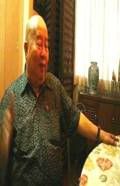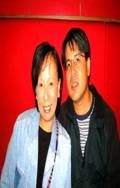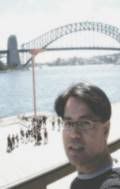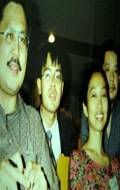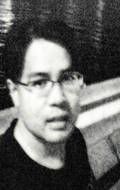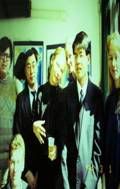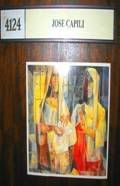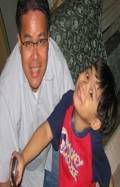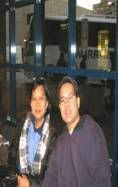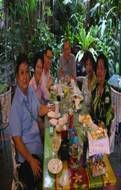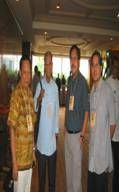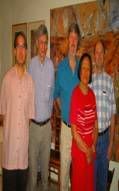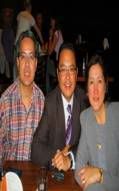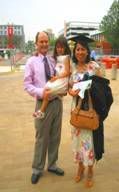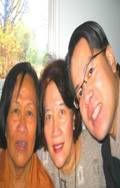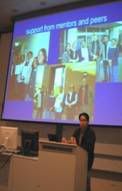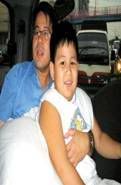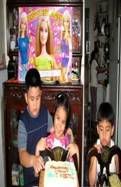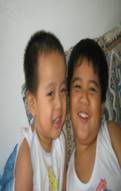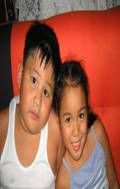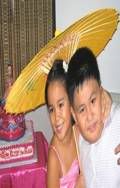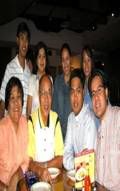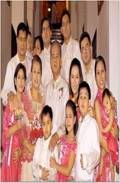MANILA, Philippines – Pinoy anime fans from all over the nation are ardently waiting for July, the Philippines-Japan friendship month.
The Japanese embassy here is preparing an array of activities for the anticipated month-long festivity. As part of the celebration, the embassy is organizing a Jpop anime singing contest, as well as a cosplay competition.
Such events are immensely popular in the country; Pinoy kids and adults alike are hooked on modern Japan.
It seems that Japanese pop culture has carved its own space in the lives of many Filipinos.
.jpg) ASPIRING ARTIST. Jaymee Castillo gets her inspiration from anime.
ASPIRING ARTIST. Jaymee Castillo gets her inspiration from anime.
'It’s not just cute'
19-year-old art student Jaymee Castillo is just one of the many young Filipinos fascinated by the beauty and intricacies of modern Japanese culture.
“It is something so contagious and inescapable due to its diverse forms, from anime to cosplay, music, contemporary art, food and what-not. It’s not justkawaii which is Japanese for cute, it’s so much more,” she said.
Her affair with Japan began in the late 90s. As a child, she would hurry home to watch anime on TV. But her interest did not end there. Her love for anime only jumpstarted her deeper interest in Japanese culture.
Jaymee admits that she started learning how to draw by copying her favorite anime characters.
“My works are highly influenced by Japanese culture in general. They are aesthetically pleasing, but have unique concepts. There’s always something new.”
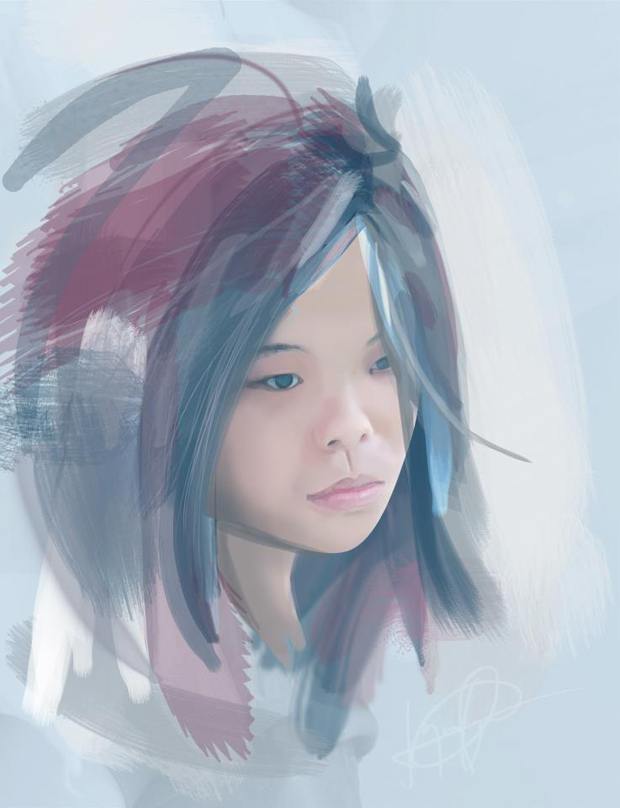 SELF-PORTRAIT. Jaymee's love for anime spills over her love for art.
SELF-PORTRAIT. Jaymee's love for anime spills over her love for art.
Aside from appreciating traditional Japanese art, Jaymee also frequents anime conventions, reads manga, and listens to J-Pop (Japanese pop songs).
Jaymee knows that she has pricey hobbies, especially cosplaying. To support her growing interests, Jaymee relies on borrowing CDs from friends who share similar interests.
“But when I was younger, sometimes I skipped recess so I can buy all my favorite anime merchandises,” she added.
When asked if she will ever outgrow her love for anime, Jaymee quickly replied, “People think that I will grow tired of it because they say it’s just for kids, but it’s not. It’s a childhood love that I will keep coming back to.”
Jaymee dreams of visiting Japan someday. “I want to experience in real life what I’ve been watching on TV, minus the subtitles.”
Cool Japan
Rappler interviewed Kyoto-based professor Bernard Susser of Ritsumeikan University. He defined Japanese pop culture as the aspects of Japan that have become popular overseas. This includes sushi and other Japanese food, manga and anime, J-Pop, Hello Kitty, computer games, Pokemon, and the like.
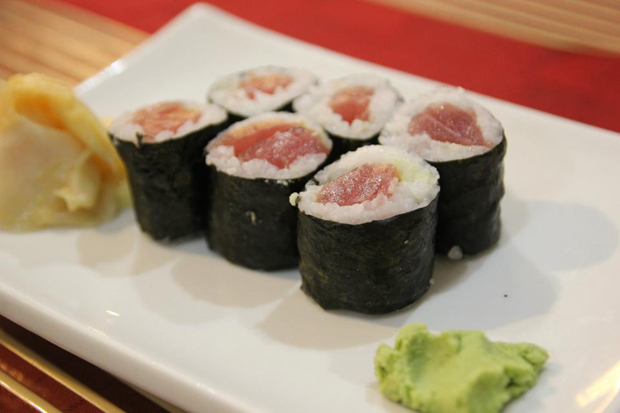 SUSHI ANYONE? Venturing into Japanese restaurants is always an adventure. Photo by Jaymee Castillo
SUSHI ANYONE? Venturing into Japanese restaurants is always an adventure. Photo by Jaymee Castillo
Susser said it is difficult to pinpoint an exact factor which makes it so popular. “Of course, there is always the element of the exotic; Japanese popular culture is different in many respects from other popular cultures, and in some respects it may be more well-defined than some other national popular cultures.”
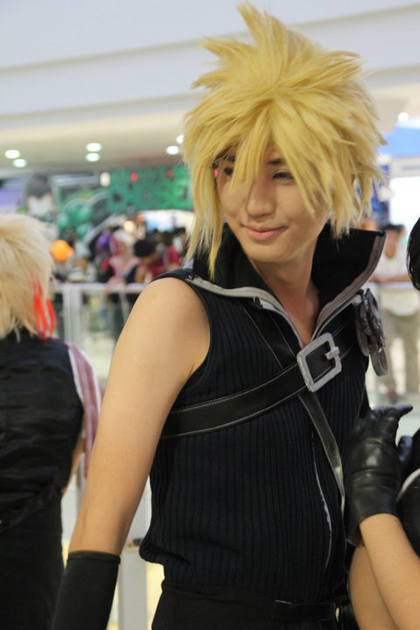 COSPLAY. Living a day as one's favorite character from anime or a videogame is always fun. Photo by Jaymee Castillo
COSPLAY. Living a day as one's favorite character from anime or a videogame is always fun. Photo by Jaymee Castillo
University of the Philippines professor Wendell Capili clarified that Japanese pop culture goes beyond anime and videogames. “It is a conglomeration of Japan's residual, dominant and emergent values, issues and concerns as reflected in their music, films, television, sports and other disciplines.”
Capili explained that Japanese pop culture gained much popularity in the Philippines in the 1970s due to the abundance of amusement centers featuring videogames and anime shows like Voltes V and Mazinger Z.
The nation’s penchant for Japanese culture may also be traced to our history. “Many Filipinos tend to be more open to change as a result of our post-colonial experiences,” he said.
Capili said that Philippine pop culture has a shorter history compared to Japanese pop culture, but this doesn’t mean that it is less significant.
“Pinoy pop culture is a combination of the country's multicultural, multiethnic, multilingual experiences vis-a-vis our indigenous, mainstream, largely western, and alternative traditions in our cultures and societies,” he said.
Philippines-Japan Friendship Month
Cognizant of these ties and interests, the Japanese embassy is holding its 4th annual J-Pop anime singing contest and a cosplay competition.
The celebration aims to promote Japanese language and culture appreciation among Filipinos and to strengthen the longstanding friendship between the two countries.
Application forms are available and may be submitted at the Japan Information and Culture Center (JICC) Library, Embassy of Japan, 2627 Roxas Boulevard, Pasay City or can be downloaded at www.ph.emb-japan.go.jp. Registration has already begun and ends on June 22, about a month away.
Performers must also submit an individual/group photo, a short write-up about the performer/s, and a demo CD containing two Japanese songs by the participant/s. Cosplayers must also include a 2x2 photograph, a full body photograph of them in costume and a photo of the character they are portraying. 10 performers/groups and 15 cosplayers will be invited to compete in the Grand Final on July 21 at the SM Mall of Asia Music Hall.
Winners will win prizes plus free lessons from the Nihongo Center Foundation and Center for Pop Music Philippines. –
Rappler.com
.jpg) ASPIRING ARTIST. Jaymee Castillo gets her inspiration from anime.
ASPIRING ARTIST. Jaymee Castillo gets her inspiration from anime. SELF-PORTRAIT. Jaymee's love for anime spills over her love for art.
SELF-PORTRAIT. Jaymee's love for anime spills over her love for art. SUSHI ANYONE? Venturing into Japanese restaurants is always an adventure. Photo by Jaymee Castillo
SUSHI ANYONE? Venturing into Japanese restaurants is always an adventure. Photo by Jaymee Castillo COSPLAY. Living a day as one's favorite character from anime or a videogame is always fun. Photo by Jaymee Castillo
COSPLAY. Living a day as one's favorite character from anime or a videogame is always fun. Photo by Jaymee Castillo